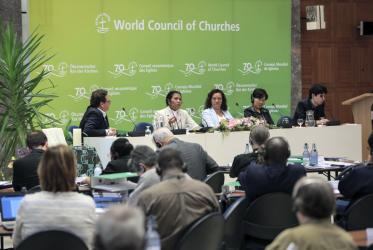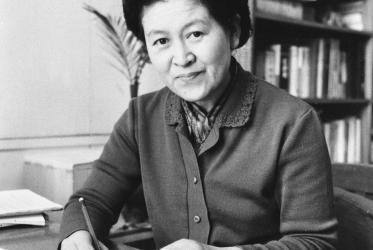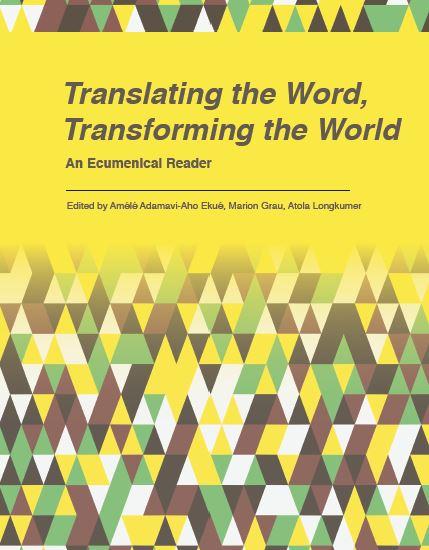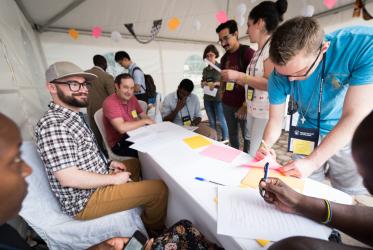Displaying 141 - 160 of 342
16 August 2018
WCC promotes Global Day of Prayer to End Famine
06 June 2018
WCC calls for Global Day of Prayer to End Famine
31 May 2018
70th anniversary of WCC celebrated in Thessaloniki
27 April 2018
A tribute to former WCC president for the Asia-Pacific
27 April 2018
‘Sokoni’ transforms marketplace into mission
13 March 2018
Bossey’s ministry continues, now inviting applications for 2018-19
09 November 2017
Re-engineering life forms: Church forum raises concerns
09 November 2017
















